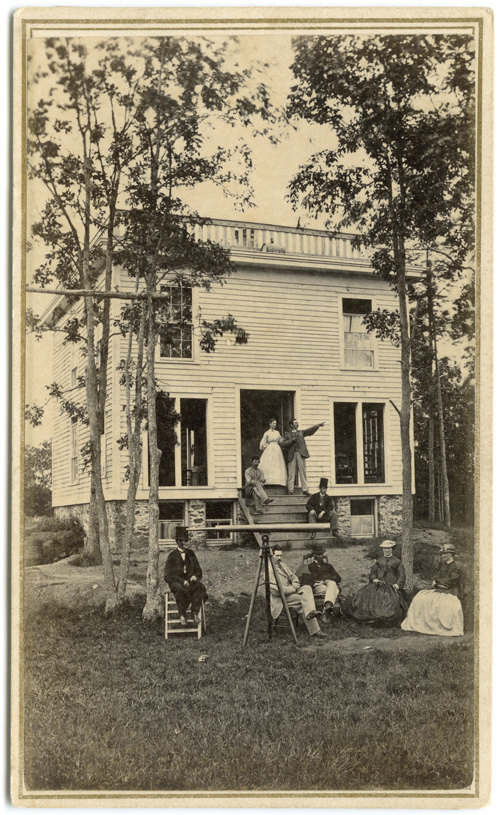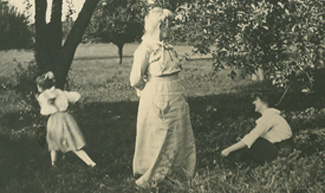Wallace Haslett Myers Papers
1938-1961
7 boxes 3.5 linear feet
Call no.: MS 968
Wallace Haslett Myers was born in Worcester, Massachusetts on November 21, 1929, the elder of two sons of Roscoe and Priscilla Myers. Myers received his Bachelor’s Degree from Clark University in Worcester in 1951. He attended Boston University Law School in the summer of 1951, then enrolled in Harvard Law School, and received a law degree in 1954. Of note, he survived a close brush with the Worcester Tornado of 1953, classified as the 21st deadliest tornado in U.S. history. After graduating from law school, he served in the U.S. Army from 1954-1956 and was stationed at Fort Benning, Georgia. Upon his return from the Army, Myers began practicing law, specializing in probate, taxation and real estate matters. On August 23, 1985, he married Irene Healy in Worcester. He belonged to the Worcester Republican 21 Club, was active in the Episcopal Church, and was a supporter of the church’s summer retreat house, Bucksteep Manor in Washington, Massachusetts.
This collection covers the years 1941-1975, with the bulk of the collection between 1945-1957. Myers frequently exchanged letters with many individuals, so the majority is personal correspondence between family and friends, documenting daily life, and notably including one friend’s marriage to a Korean woman during the era of the Korean War. Other papers in the collection pertain to his attendance at Clark, Boston University and Harvard, social activities and clubs, and stamp collecting and trading.
Gift of S. Myron Weinblatt, Apr. 2017
Subjects
Harvard Law SchoolKorean War, 1950-1953Law Schools--United StatesStamp collectiongWorcester (Mass.)--HistoryContributors
Chaffee, FredChen, PhilKerwien, PriscillaMyers, Priscilla Haslett, 1901-1980Myers, Robert Haslett, 1933-Myers, Roscoe, 1899-1982Myers, Wallace Haslett, 1929-Myers, Wallace P.Seiler, ShirleyTypes of material
Correspondence (Letters)



